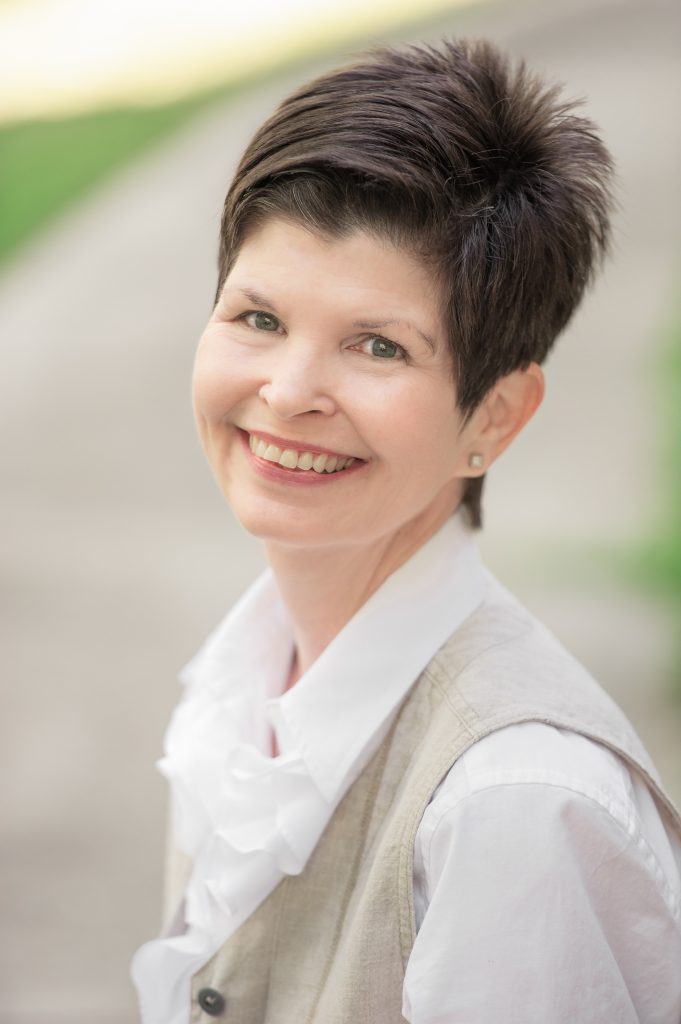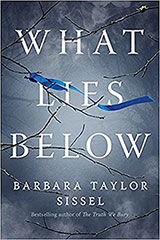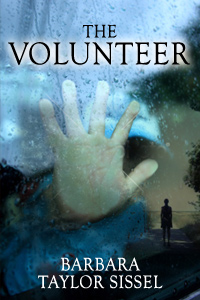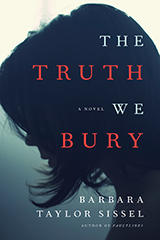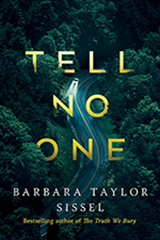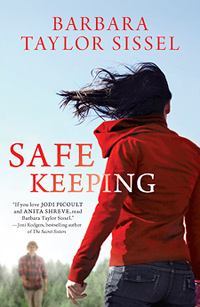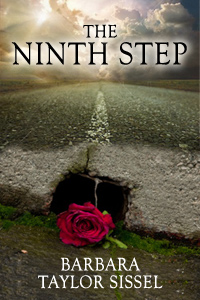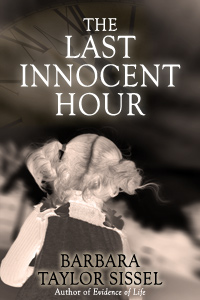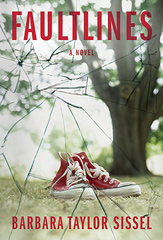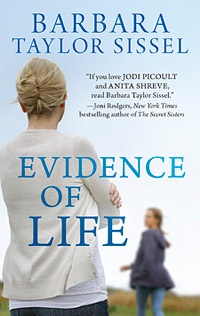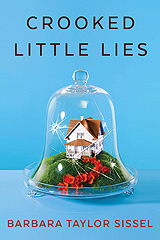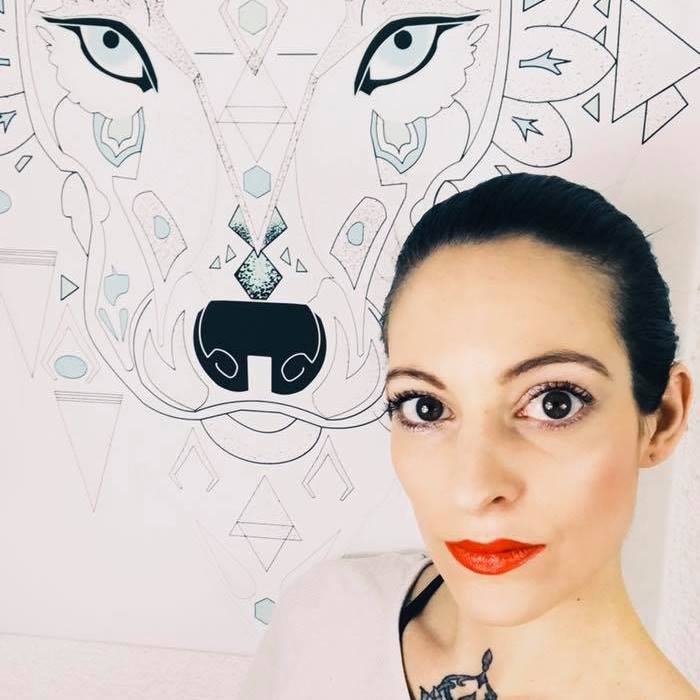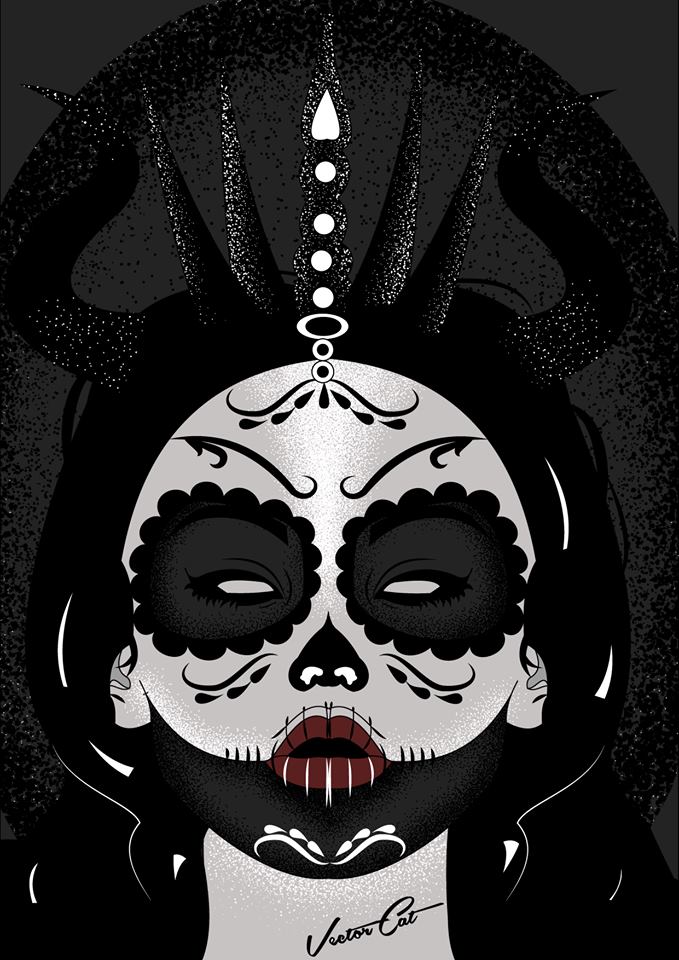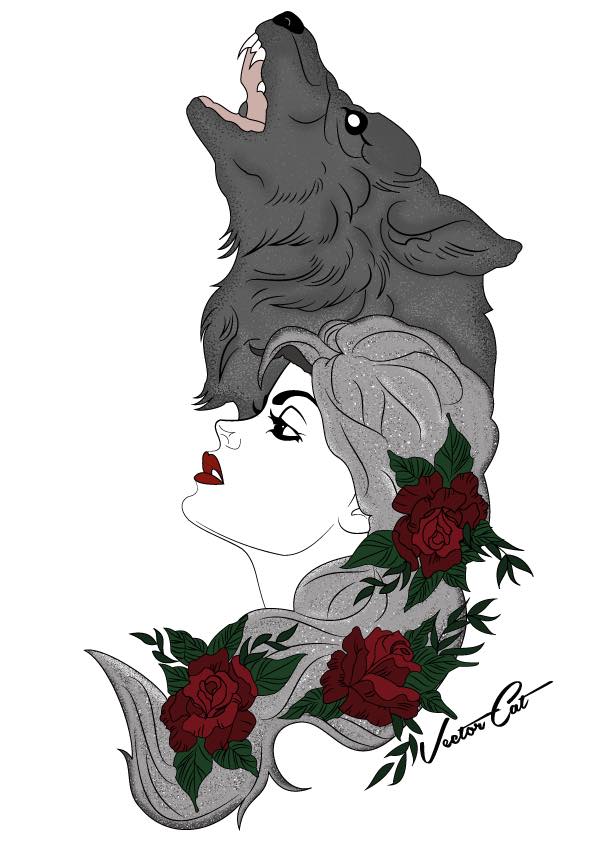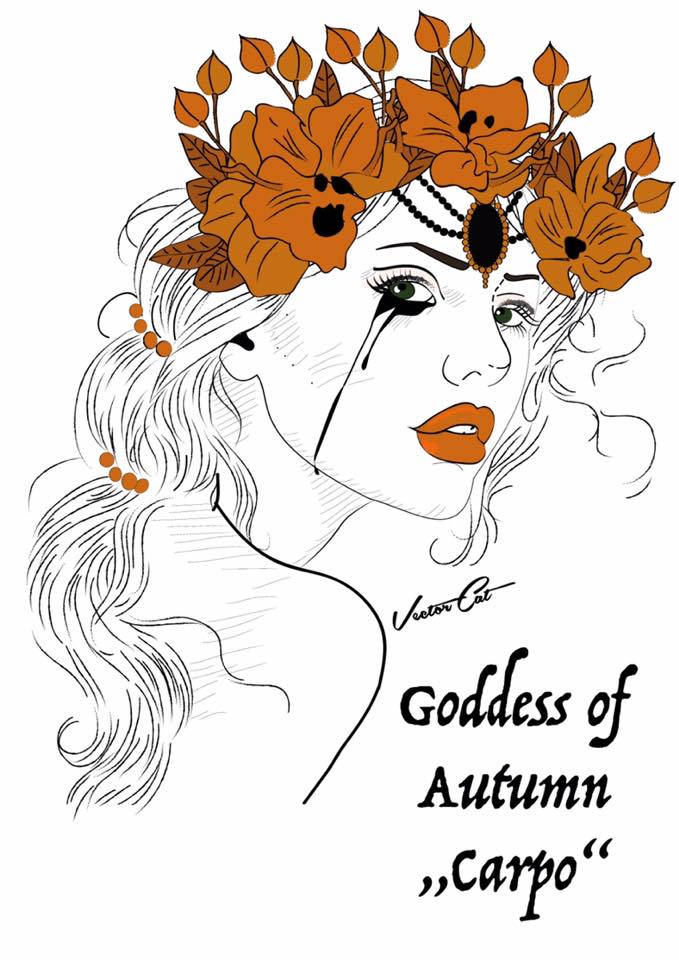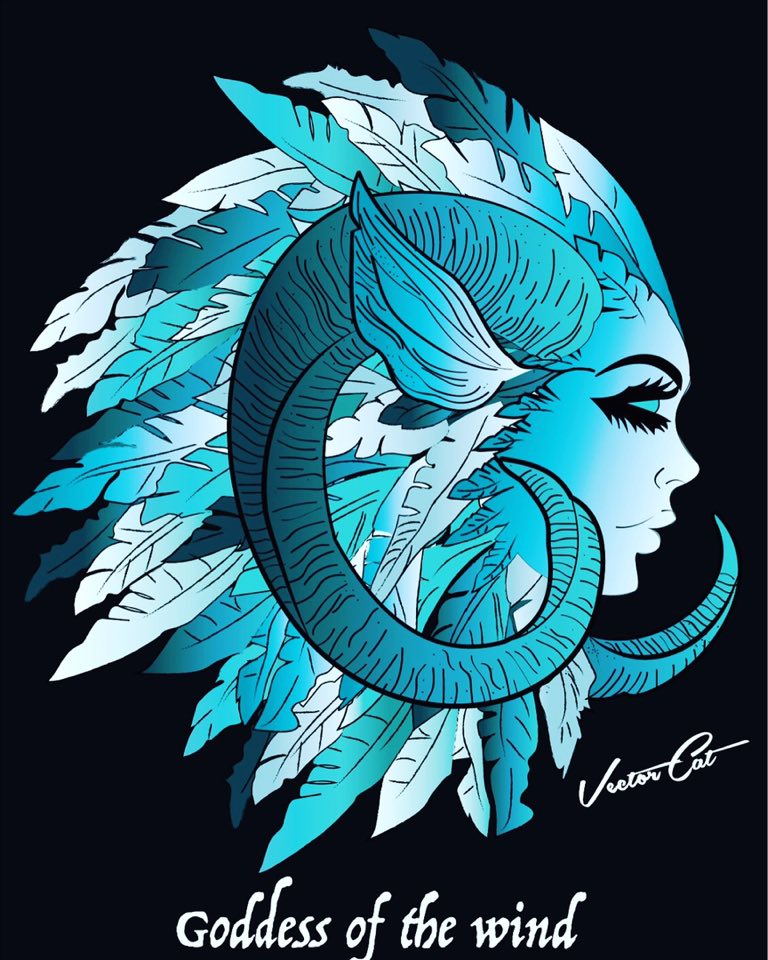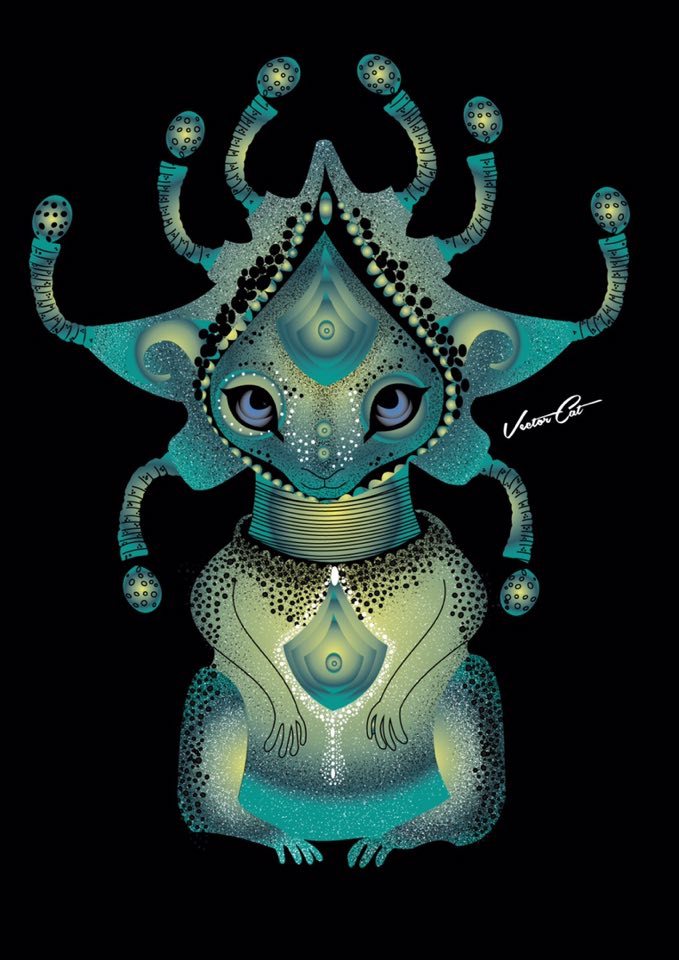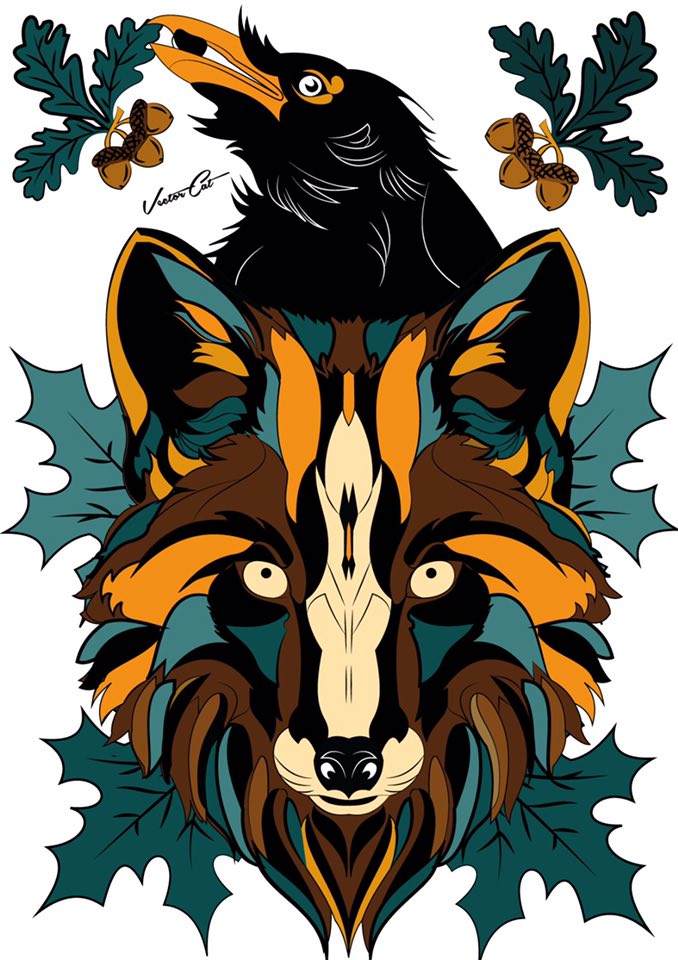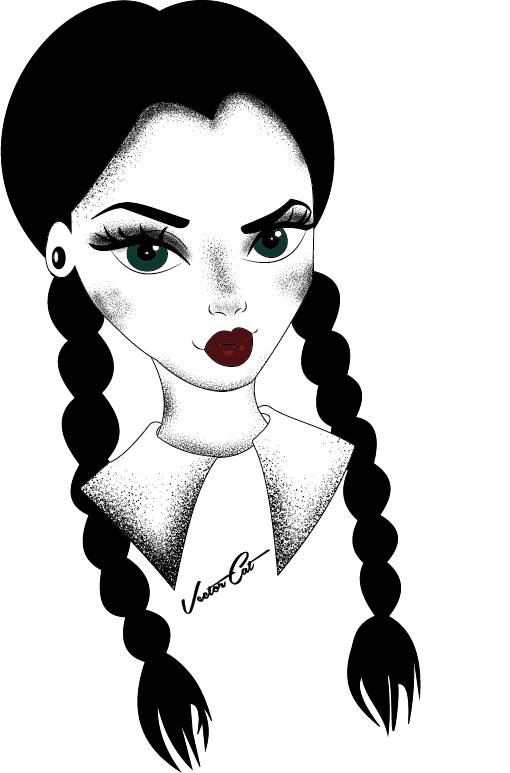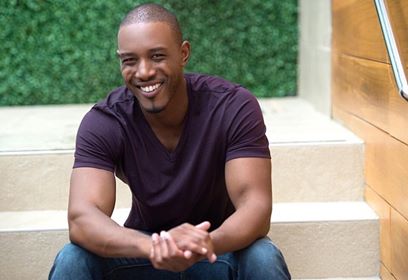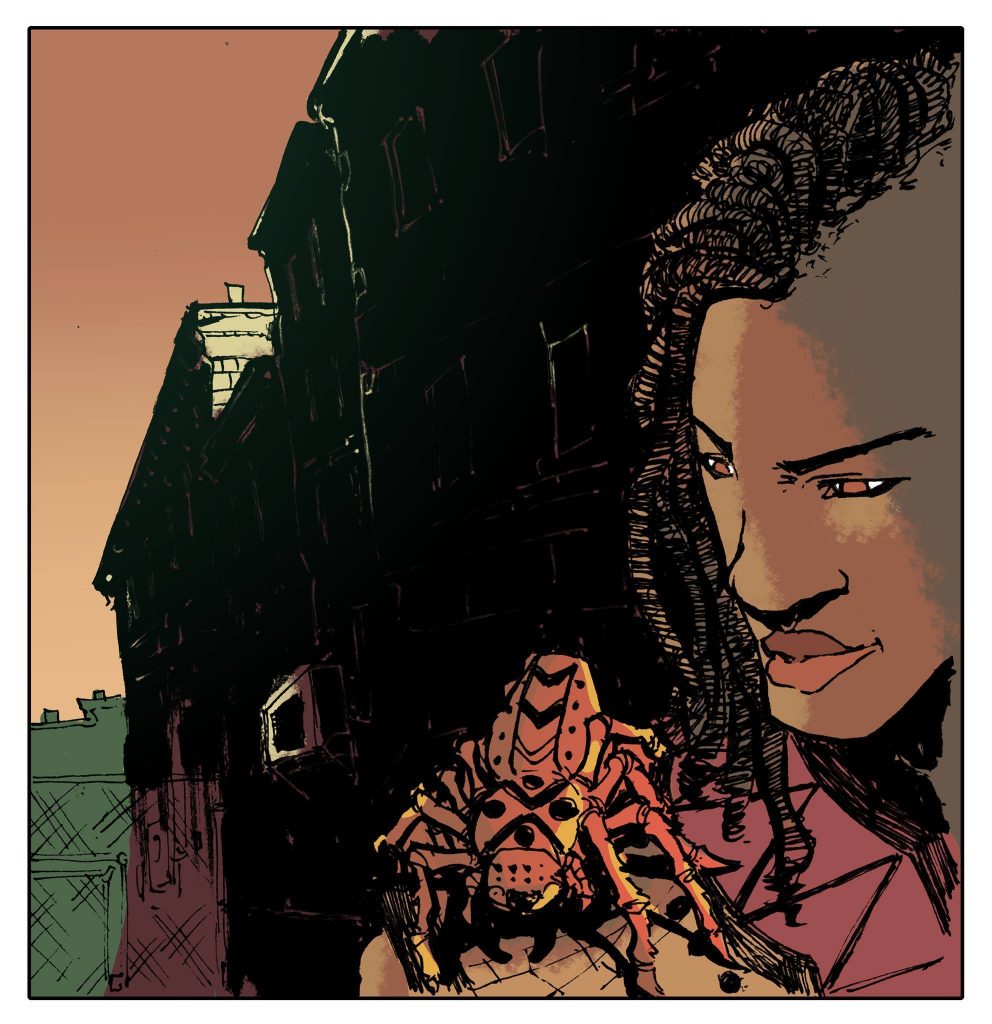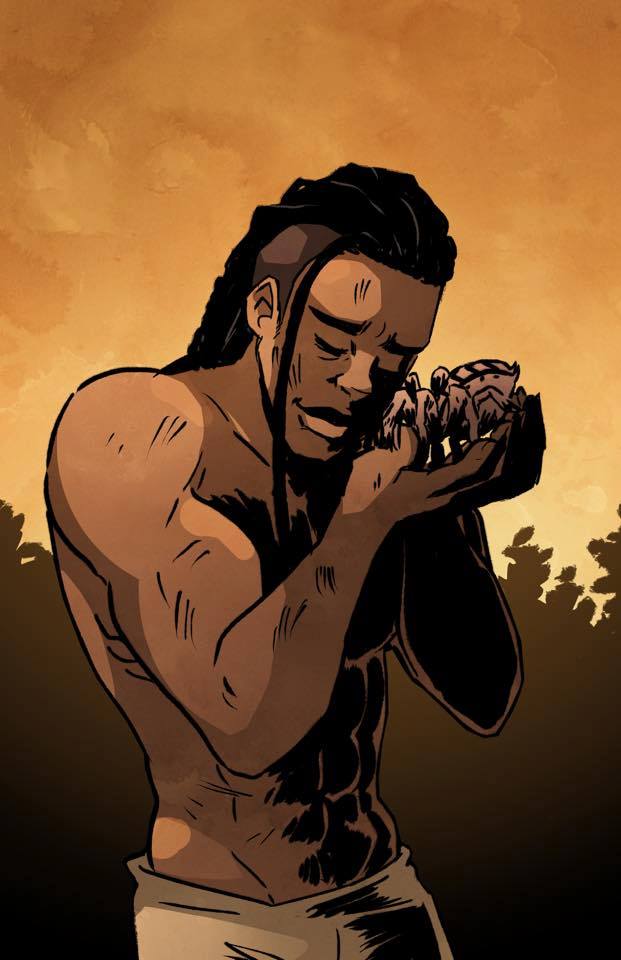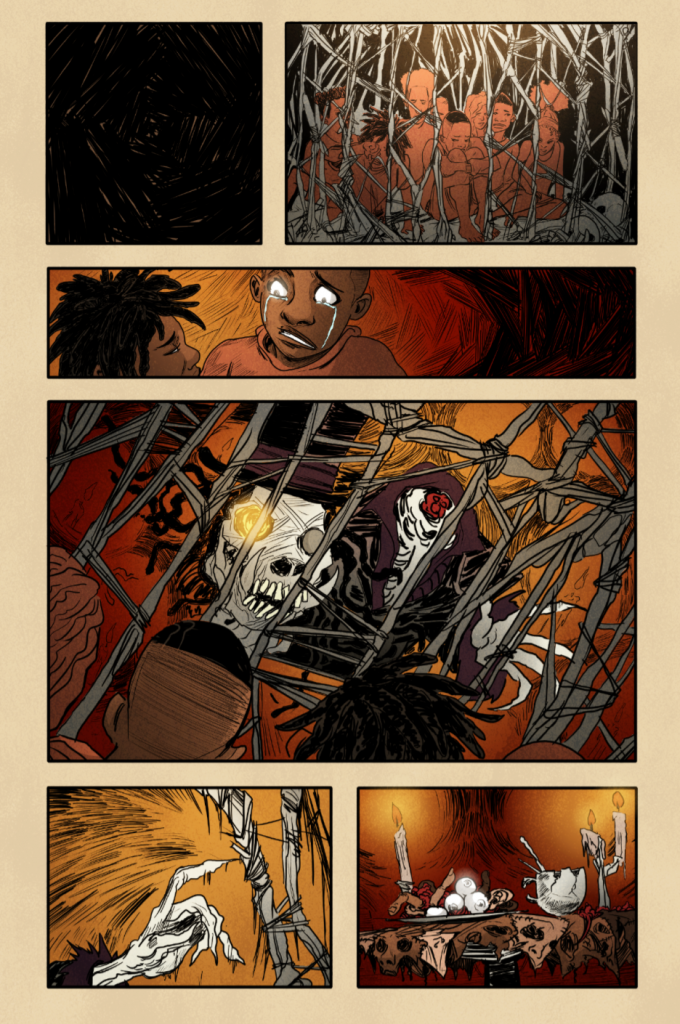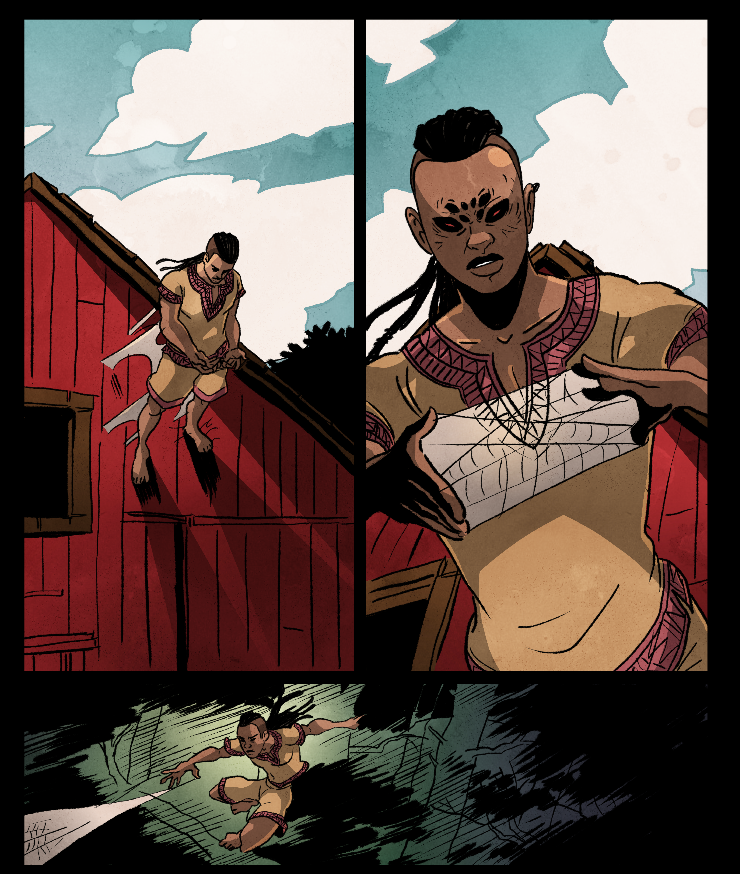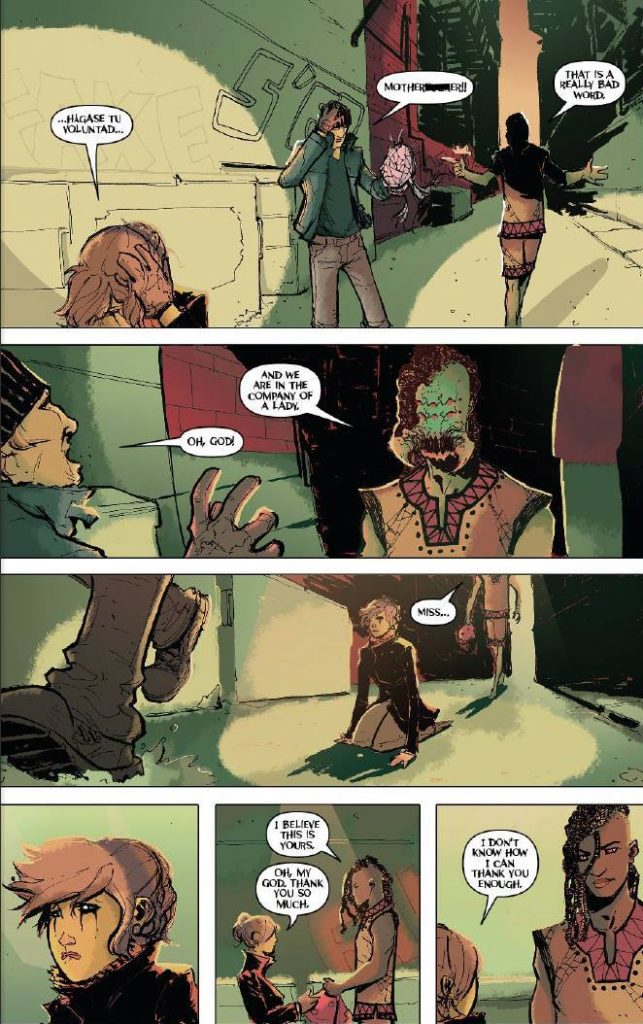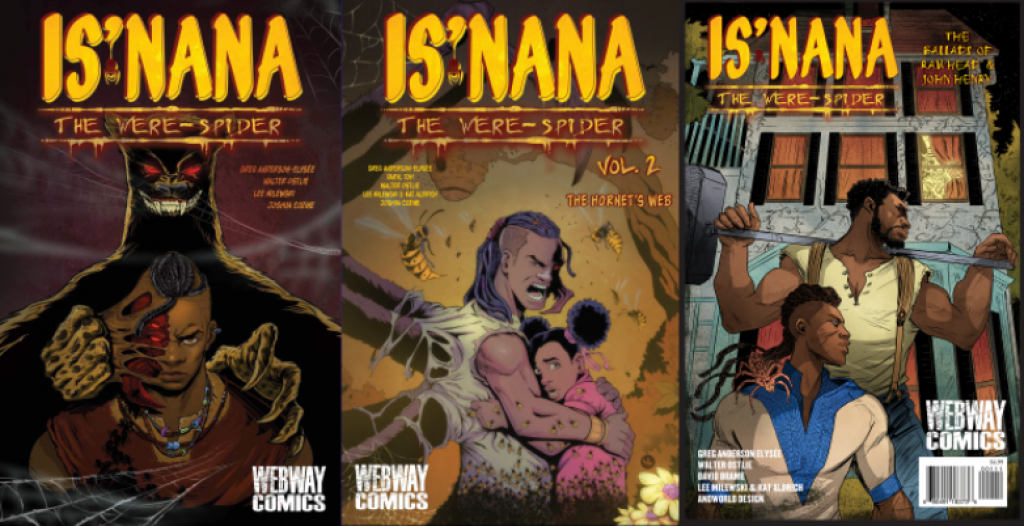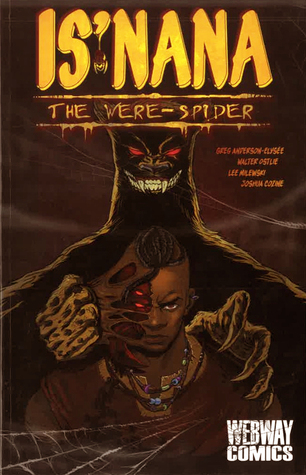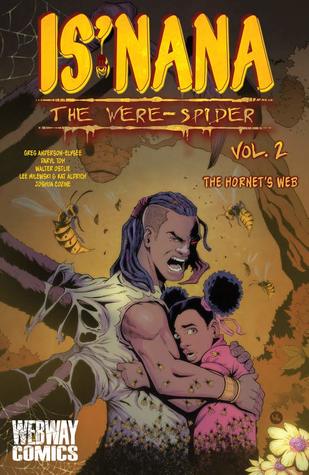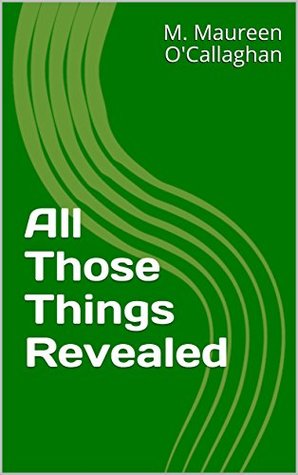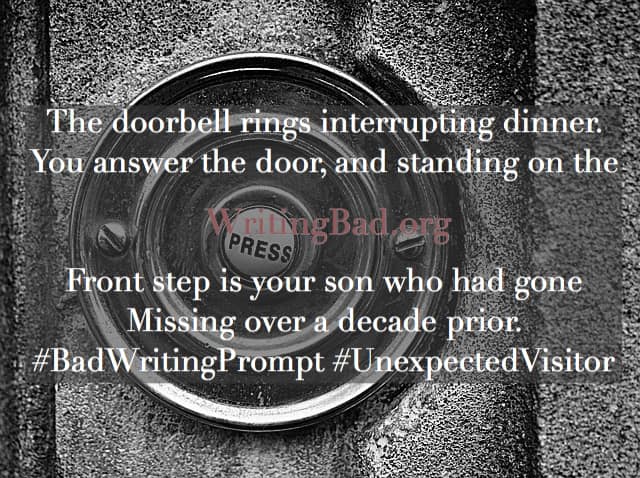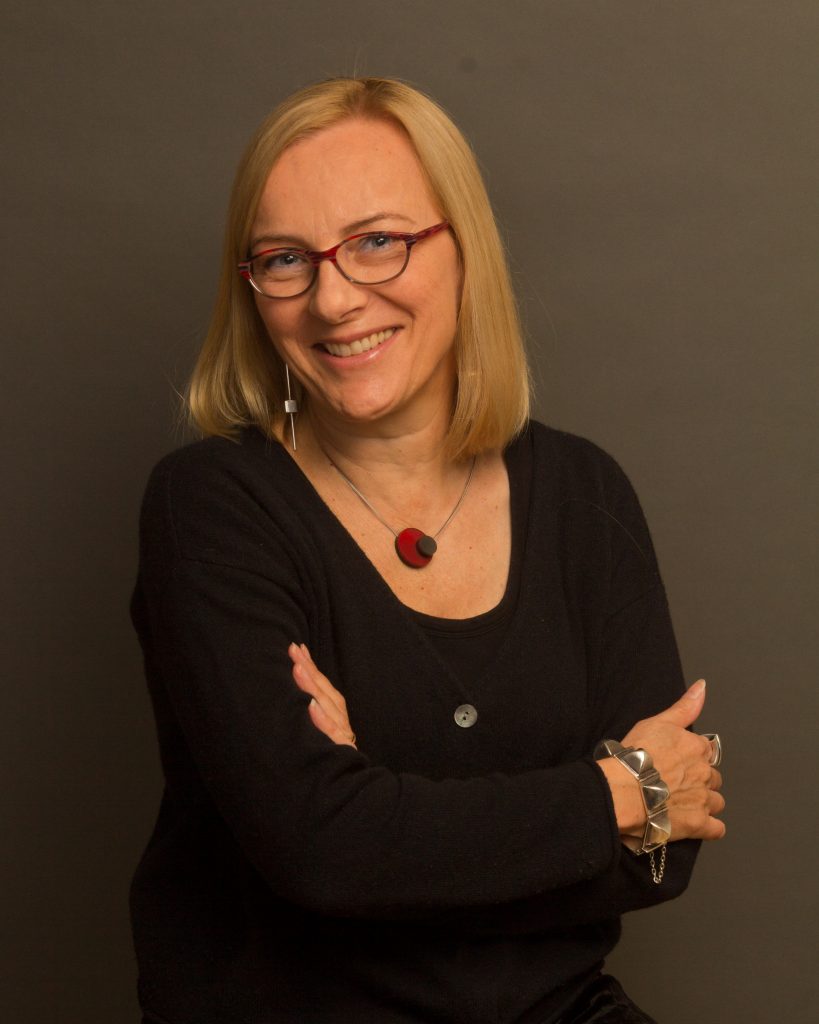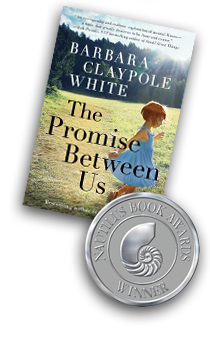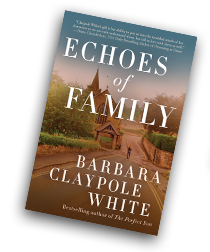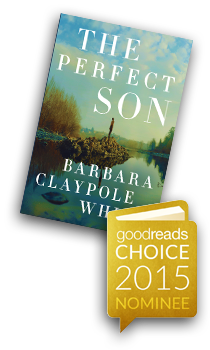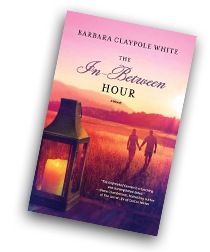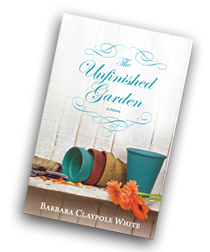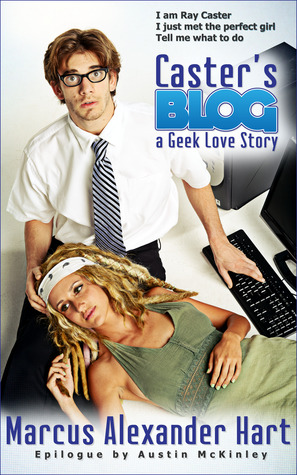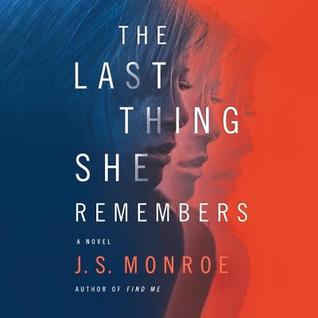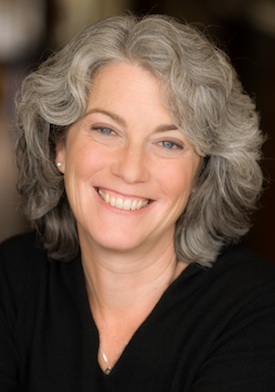
Tell me about your writing process: schedule, environment, strategies, inspirations, etc.
My writing process has changed over the years. When my kids were younger and I had a full-time job, writing happened during whatever moments I could give to it. Now that my kids are fledged, my writing day starts at 7:30, when I go down to my writing shed, an 8by8 studio we built a few years back. There’s no internet, no email, no social media. Just me and the words for 3 solid hours, and often more.
If I get stuck, I’ve learned not to force the characters just to hit a word count. The characters just go quiet then and I’m really in trouble. So I go for a walk, or a swim. I’ll even clean the house. Repetitive physical exercise tends to shake the ideas lose.
As for inspiration, it almost always starts with an image, and often of a character in a situation. For The Scent Keeper it was the image of a young girl in an isolated cabin. All the walls were lined with drawers, and inside each drawer was a scent. Who was she? Why was she there? Who would she be when she grew up? Those questions kept me working on the novel for 6 years.
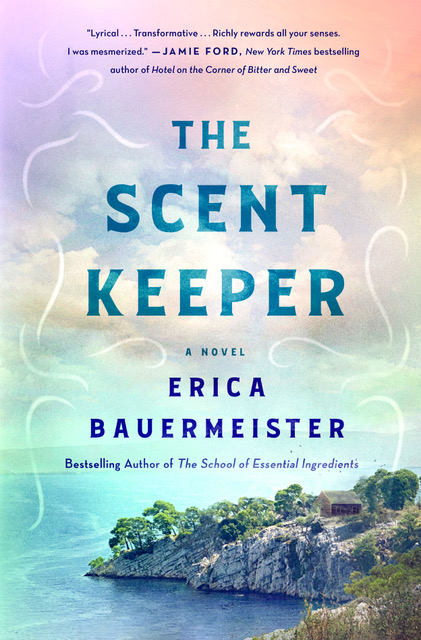
Walk me through your publishing process, from final draft to final product, including who does what when and what marketing you do.
My agent has an in-house editor who goes over everything I write, even before it gets to my publisher—and this is after early readers, my writing group, and some of my family have all read early drafts, which can number in the dozens. Once the publisher has the manuscript, it can go through one to several revisions, depending on the input of the editor. After content editing comes copyediting, then lay-out and cover design (it’s part of my contract that I get consult, if not veto power). Then sales and marketing take over and get the book into the sales channel and start the drumbeat of reviews and early giveaways to get the word out.
About 4 months before the book comes out is when I kick in. I don’t use Twitter, but I’m on Facebook and Instagram. I do my own giveaways, encourage book clubs (I’ve talked with over 150 of them by phone or Skype). For The Scent Keeper I’ve even got a virtual book club (https://www.facebook.com/groups/261527751453539/). I write essays for on-line and print publications. I send out email newsletters to everyone on my email lists. I make sure all my favorite bookstores have an early copy of the book and I set up bookstore events (if the publicist has not already done this). Anything I can do to work as a team member and help the process, I do.
For those who want more detailed suggestions, I recommend MJ Rose and Randy Sue Meyers’ book What To Do Before Your Book Launch.

Describe your support system—online and IRL; who are your biggest cheerleaders?
Booksellers. Readers. Book Clubs. It’s the community that makes a book.
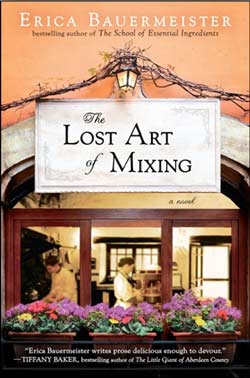
How does your life influence your writing and vice versa?
I never write about my life specifically, but I often find that in writing I answer personal questions I didn’t know I had. For example, The Scent Keeper began as the image of the young girl, and the question of what it might be like to be raised with smell as your predominant sense. I explored those things, but in the end, I also explored the development of a person’s relationship with their parents, and the growth we need to go through in order to see them as human beings, separate from us.
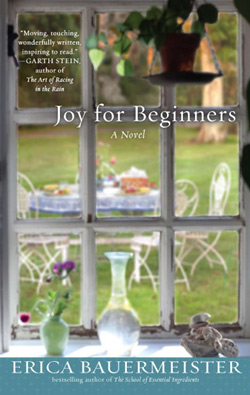
What do you love most about your creativity?
I love the feeling of sinking into a character. It feels like the best part of being pregnant, living with this other. nascent being, helping to grow them into real life.
I love losing track of the real world and entering into an imaginary one. The islands of The Scent Keeper and the restaurant of The School of Essential Ingredients became some of my favorite places to live in my imagination, and time spent there was always joyous.
I love the way it keeps me alive to the real world. When I visit a new place, my mind is always searching for new scenes to describe, but also new insights into how people interact. When I’m somewhere I already know, looking at it through a writer’s eyes can make it fresh.
And I’d like to say to all the aspiring writers that THIS is what makes you a writer. It’s not whether or not you are published. It’s how you see the world. You own that, no matter how many books you might have on a bookstore’s shelves. That’s what’s important.
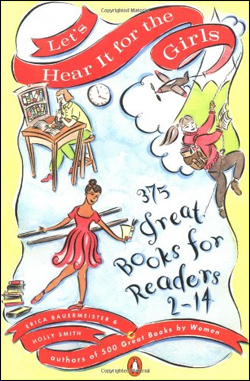
Connect with Erica:
Website: http://www.ericabauermeister.com/
Facebook: https://www.facebook.com/EricaBauermeisterAuthor/
Instagram: https://www.instagram.com/ericabauermeisterauthor/
Goodreads: https://www.goodreads.com/author/show/702360.Erica_Bauermeister
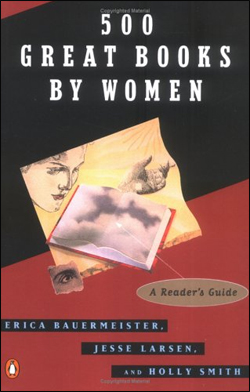
Please respond on social media; allowing comments draws spam to my website. Tag me in shares and comments, please.
